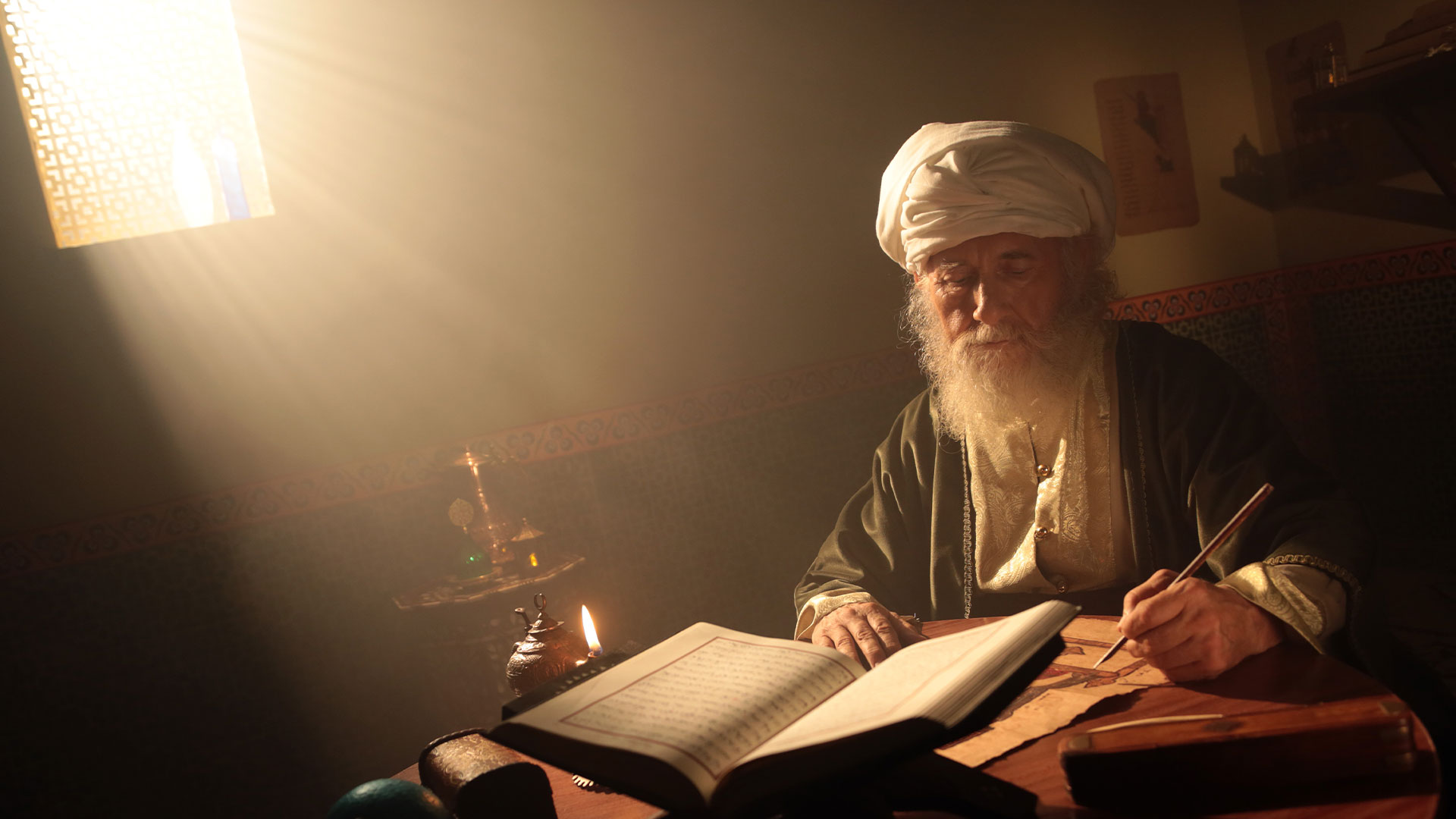
What is Prophet Muhammad (pbuh) advised regarding the Bible (the previous Scriptures) when he is in doubt?
In all the above verses, we have discovered what the Qur’an says to the believers regarding the previous Scriptures. Now in this verse we would need to discover what Allah instructs the Prophet (pbuh) regarding the previous Scriptures now that the revelation of the Qur’an has come to him. Arguing whether Muslim believers should follow the Bible or not is one level of argument, but observing the instruction Allah gives to the Prophet Muhammad (pbuh) is a discussion at another level. Now that the Qur’an has been revealed to the Prophet, one would assume this new revelation could answer any questions the believers might bring to him. Yet the following verse shows what the Prophet needed to do when in doubt or when questions arose while reading the Qur’an that was revealed to him.

So, if you are in doubt, [O Muhammad], about that which We have revealed to you, then ask those who have been reading the Scripture before you. The truth has certainly come to you from your Lord, so never be among the doubters.
Therefore, the Prophet who has received the final revelation is asked to consult those who are reading the Bible (the Previous Scriptures). When the Prophet has questions about the things in the Qur’an, he is instructed by Allah to go to the People of the Book who have been reading the Previous Revelations (the Bible). So then, if the Prophet needs to consult the Bible and those who are reading it, then surely it cannot be wrong for believers to read or consult it too.



What is Prophet Muhammad (pbuh) advised regarding the Bible (the previous Scriptures) when he is in doubt?
In all the above verses, we have discovered what the Qur’an says to the believers regarding the previous Scriptures. Now in this verse we would need to discover what Allah instructs the Prophet (pbuh) regarding the previous Scriptures now that the revelation of the Qur’an has come to him. Arguing whether Muslim believers should follow the Bible or not is one level of argument, but observing the instruction Allah gives to the Prophet Muhammad (pbuh) is a discussion at another level. Now that the Qur’an has been revealed to the Prophet, one would assume this new revelation could answer any questions the believers might bring to him. Yet the following verse shows what the Prophet needed to do when in doubt or when questions arose while reading the Qur’an that was revealed to him.

So, if you are in doubt, [O Muhammad], about that which We have revealed to you, then ask those who have been reading the Scripture before you. The truth has certainly come to you from your Lord, so never be among the doubters.
Therefore, the Prophet who has received the final revelation is asked to consult those who are reading the Bible (the Previous Scriptures). When the Prophet has questions about the things in the Qur’an, he is instructed by Allah to go to the People of the Book who have been reading the Previous Revelations (the Bible). So then, if the Prophet needs to consult the Bible and those who are reading it, then surely it cannot be wrong for believers to read or consult it too.
